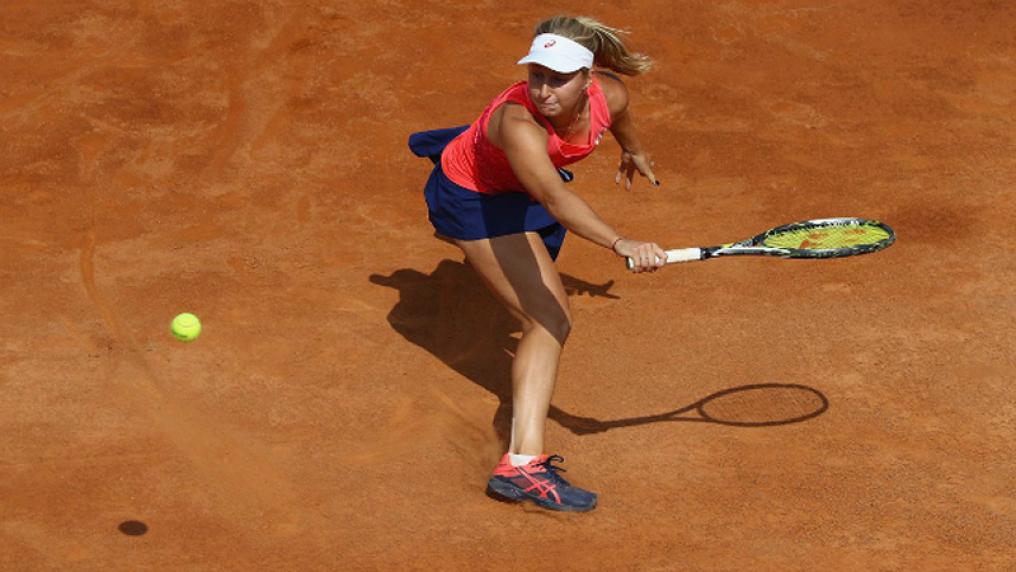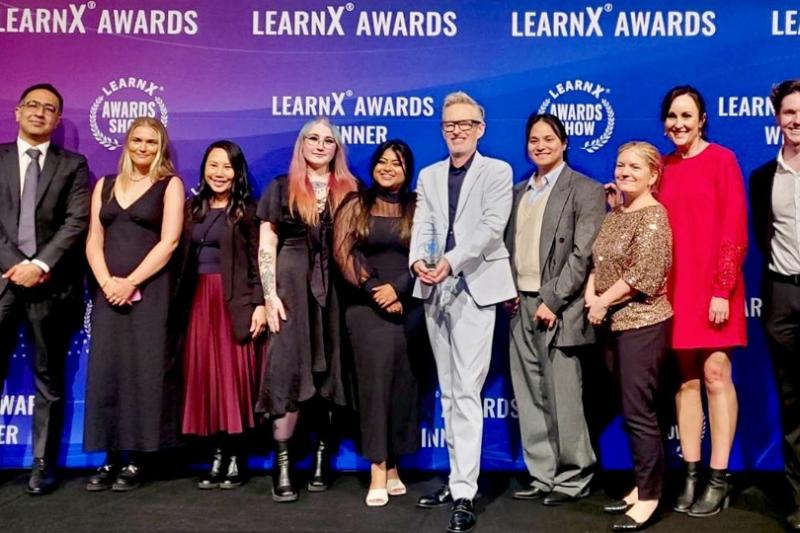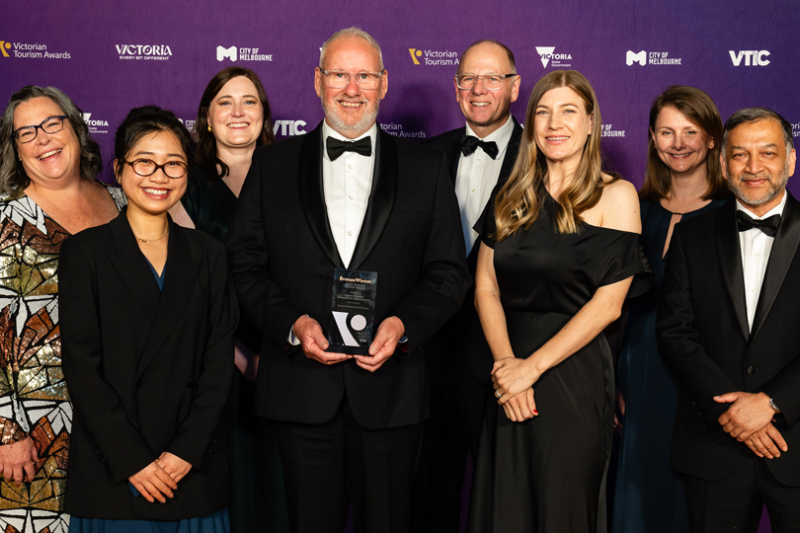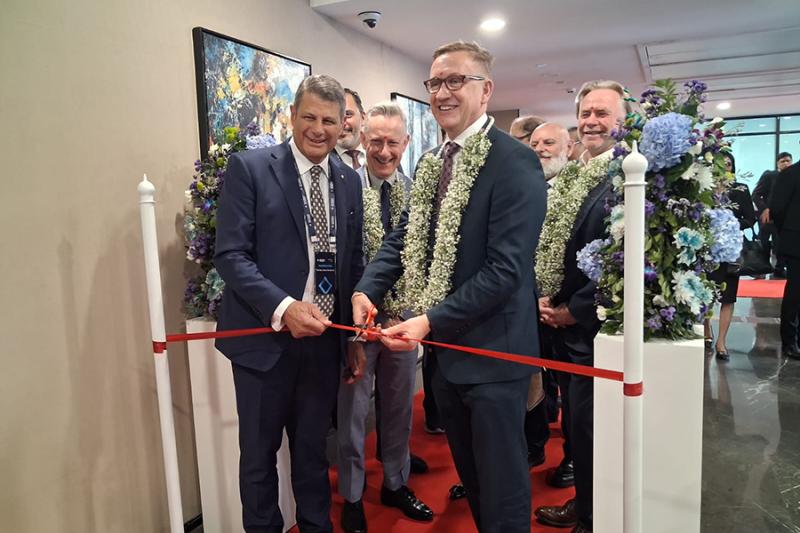Businesses excited by possibilities

Three hundred business leaders gained insight into VU's contribution to sports innovation last Friday at the MCG and the National Tennis Centre.
The leaders, representing businesses from entrepreneurial start-ups to major corporations, heard from VU experts on the potential of technology in the world of sport and beyond.
Technology could improve sport integrity
The tech used in sport today has often come from outside the sporting sphere, as revealed by Rob Aughey, who tests athlete-tracking technology systems for soccer’s world governing body, FIFA. But GPS, now used to track how far Daria Gavrilova ran in a three-set classic or how fast Josh Addo-Carr scored a length-of-the-field try, owes its existence to the Space Race between Russia and the United States.
Now, Professor Aughey is throwing the opportunities back to the corporate sector. “We have tested all of the athlete-tracking systems for FIFA so an industry-standard benchmark can be set,” he said.
“The potential for seeing when a sportsperson might be underperforming will also be there at a time when the need to maintain the integrity of sport is at an all-time high because of the stain of match-fixing.
“Athlete tracking shows where a player runs, how fast at pivotal moments and how far, which means we can also see how slow and how little ground they cover in any matches with suspicious betting trends.
“Tracking those betting patterns and improving the GPS, optical and local positioning systems so they are far more accurate will require some serious computing grunt, which is where businesses with that expertise should be looking to partner with us.”
Sport innovations have applications in business
Damian Farrow’s wide-ranging talk on his work with Tennis Australia sparked most interest when he talked of our Emotion Tracker, which will make its television debut this year.
“Our facial recognition technology will give commentators an insight into exactly what emotions the players are displaying and trying to hide. And whether that emotion is likely to be a help or a hindrance to them at that point,” said Professor Farrow.
An extreme example of that techology's potential, cited by Professor Farrow, is monitoring staff engagement at a work meeting or client interest on a Skype business call. “We’re not advocating that, but we want businesses to think of where they want to go and how we can help them get there.”
Partnerships should extend beyond sport
Victoria University also partners with Athletics Australia and the Western Bulldogs, as highlighted by the fascinating talks from Karen Mickle and Alice Sweeting respectively. Other partners include Melbourne Victory, the Australian and Victorian Institutes of Sport, Swimming Australia and Melbourne Vixens.
The thrust of Friday’s event, organised with the Victorian Chamber and hosted by Channel 9’s Brett McLeod, was not only to get sport-related businesses to collaborate with VU, but also to get businesses outside sport to consider how they could use VU expertise.
As Lauren Breadmore, of XSOAR, put it so eloquently after the event: “Wow”, before hunting down Karen, Alice, Rob and Damian to discuss how a future partnership might look.



